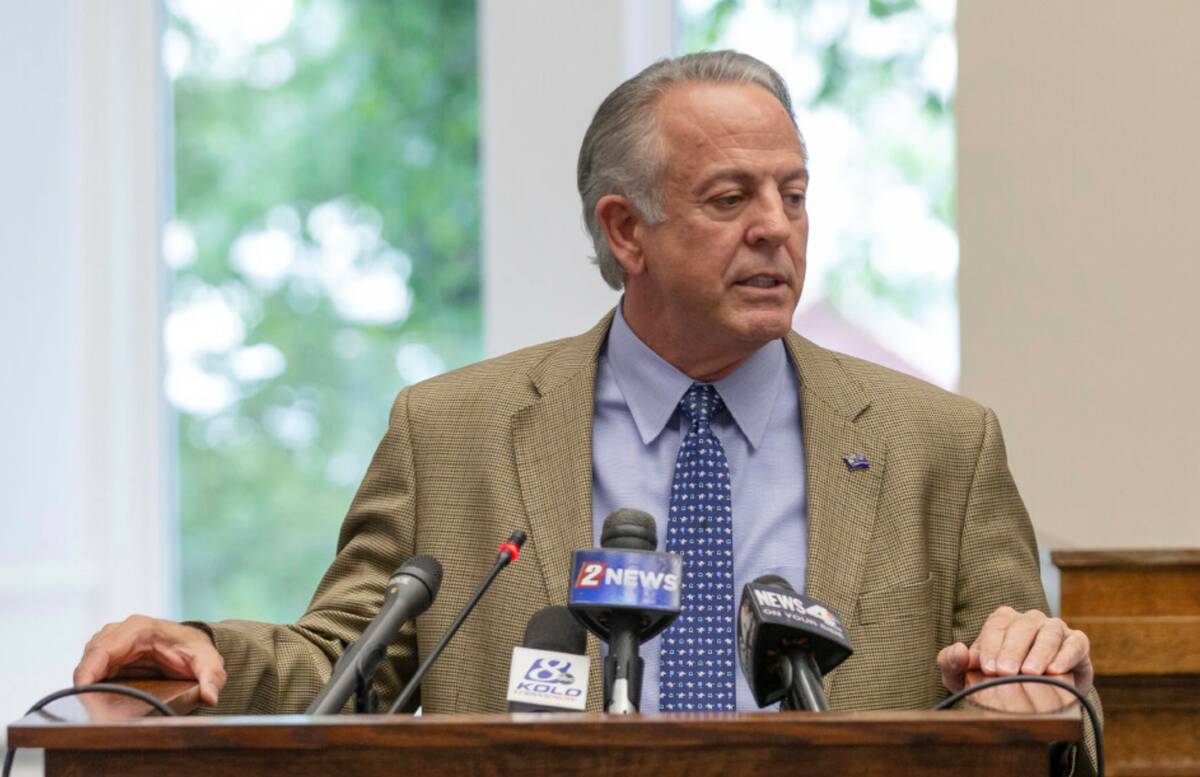EDITORIAL: You shouldn’t need a state permission slip to work

Gov. Joe Lombardo has made an effort to streamline or eliminate unnecessary occupational licensing boards. He has had limited success but should continue the fight. As a recent story out of California again highlights, too many of these state licensing requirements serve as thinly veiled protection rackets.
Jay Fink is an entrepreneur in the Bay Area who developed a business that helps computer users clear the clutter in their email inboxes. In California, consumers may recover damages from companies that repeatedly send deceptive spam emails. Mr. Fink offers his services to pore through a client’s email to identify spam that might run afoul of the state statute.
But officials with the California Bureau of Security and Investigative Services say Mr. Fink is operating his business illegally. Because the information Mr. Fink compiles may eventually be used in a lawsuit, they say he must be a licensed private investigator. According to state regulations, that could take 6,000 hours of training.
“He would need to spend three years of his life gaining experience in a field like law enforcement, insurance adjustment or investigative journalism — all to continue running a business he has successfully operated for more than a decade,” wrote Dylan Moore of the Institute for Justice for the Orange County Register in November.
The institute is suing California on Mr. Fink’s behalf.
The California regulation does nothing to protect consumers. In fact, it does the opposite. It seeks to shield entrenched interests from competition by shutting down a legitimate business and leaving frustrated email users with fewer options.
This is the reality of too many occupational licensing requirements and regulations — in California, Nevada and elsewhere.
Few would argue that medical doctors and airline pilots shouldn’t be subjected to rules that ensure competence and credentials in the name of public safety. But interior decorators, landscapers, private detectives, hairdressers and scores of other occupations?
States should be making it easier to work, not harder. Too often these rules force would-be entrepreneurs to jump through costly regulatory hoops that often have little to do with the task at hand.
Such barriers often discourage those in disadvantaged communities who are simply looking to support their families.
The vast majority of Americans shouldn’t need government permission to make an honest living. Mr. Fink deserves to prevail against California. And in Nevada, Gov. Lombardo must keep pushing to ensure that Nevada offers a welcoming atmosphere for entrepreneurs by streamlining occupational licensing regulations that operate to protect existing interests rather than consumers.